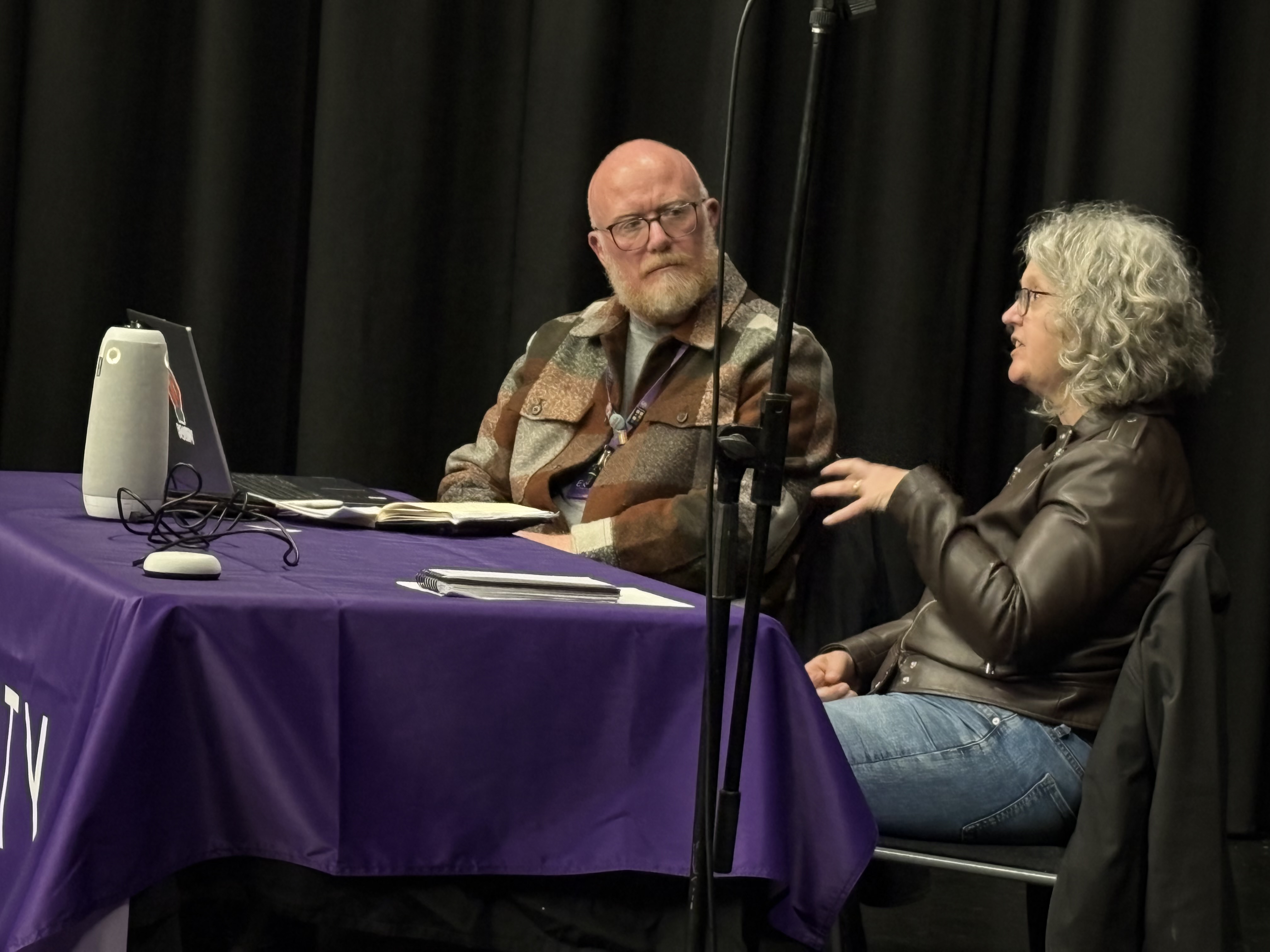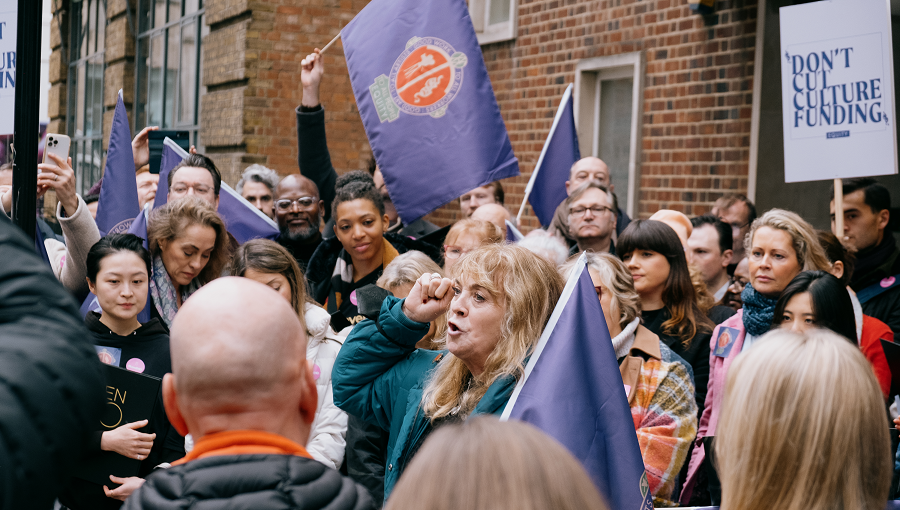Equity’s legal challenge against casting directory Spotlight is officially listed to be heard at the High Court on 16 and 17 July 2025. With Spotlight’s fees hiked by 30% since private takeover in 2021, and a failed attempt to launch an even more expensive Premiere membership, Equity is standing up for the rights of performers as work-seekers.
Equity members frequently share concerns about the cost of casting directories and the impact it is has on their incomes. For actors, the professional necessity to be on Spotlight due to their monopoly on UK casting, with 95% of UK productions being cast via Spotlight, means their hope for work comes at a cost. This cost is a tax on that hope.
In 2021, Spotlight was taken over by private company, Talent Systems LLC, having previously been a family-run firm. The cost of membership – considered a necessity for finding work as a performer in the UK – rocketed. It increased by 30% between 2021 and 2025 . In the 12 years before the takeover, Spotlight fees increased by just 13%.
Spotlight has a monopoly on casting in the UK. The consolidation of power and control enjoyed by Spotlight must not be allowed to exploit work-seeking performers. It also disproportionately impacts working class performers, minorities and those who do not secure regular work.
Lynda Rooke, Equity President
In 2023, Spotlight announced a Premiere tier of membership, costing nearly £300 a year. They were forced to U-turn after a huge backlash, but it demonstrated the ability of Spotlight to hike fees and gate-keep access to work in the industry.
Equity asked Spotlight in January 2024 to justify their fees. We pointed to legal regulations that we believe apply that say that fees cannot be more than a reasonable estimate of the cost of production and publication of its directory. Spotlight refused to explain their fees and said the regulations didn’t apply to them. Equity consulted lawyers and along with eight Equity members, we launched a class action lawsuit.
Lynda Rooke, Equity President and one of the claimants, said:
“Performers are being ripped off simply for wanting to work. The tax on hope – the hope of finding work – must stop.
“In an industry where you have to be on Spotlight to seek work and be seen by employers, the platform provides an essential employment and work seeking function. But costs have rocketed since takeover by a private company, and performers are experiencing exploitation and barriers to accessing work.
“Spotlight has a monopoly on casting in the UK. The consolidation of power and control enjoyed by Spotlight must not be allowed to exploit work-seeking performers. It also disproportionately impacts working class performers, minorities and those who do not secure regular work.
“This is an issue that is deeply and widely felt by our members. That’s why Equity – with myself and others as named claimants – is taking this case. It’s important to many thousands of performers across the UK who simply want a fair crack at landing a job.”
Spotlight price rises have rocketed since takeover:
- Before takeover, in the period 2009 – 2021 (a 12-year period) the total price increased by £18, from £140 to £158 annual subscription, an average increase of £1.50 per year.
- This represents an increase of 13% over 12 years (2009 – 2021).
- Spotlight’s membership fee increased by a rate well below inflation from 2009 to 2021 – an inflation-based increase in that period would produce a fee of £180.
- After takeover in 2021, the total price increased by £47.80 (in a four-year period) from £158 to £205.80 annual subscription, an average increase of £11.95 per year.
- This represents an increase of over 30% in four years since takeover in 2021.
- Spotlight’s membership fees increased at a rate above inflation from 2021-2024 – an inflation-based increase would produce a fee of £189.




